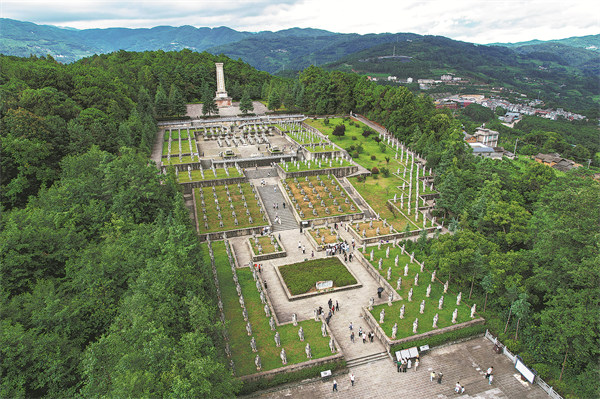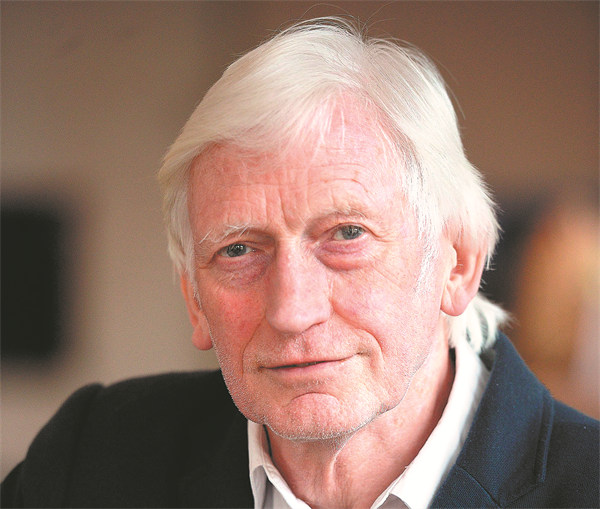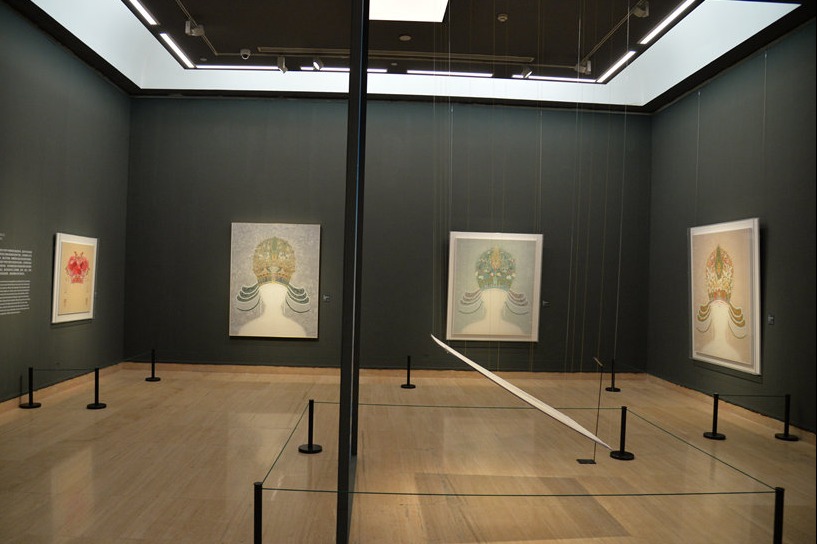Book unveils untold chapters of war


For Overy, recognizing China's role is not merely a matter of scholarly accuracy but of contemporary relevance. In a world still marked by competing historical narratives, his book attempts to bridge perspectives and show that World War II cannot be understood solely through the lens of the West. It must also pass through the battlefields of Nanjing, Jiangsu province, and Chongqing.
Hu Dekun, professor of humanities and social sciences at Wuhan University, says that Overy's book corrects long-standing biases in Western interpretations of the war. While fully acknowledging the contributions of the US, Britain, and the Soviet Union on the European and Pacific fronts, the book also recognizes the diverse forms of participation in China, North Africa, Southeast Asia, and the Middle East. Hu notes that it lays bare the atrocities committed by German, Italian and Japanese fascists, and presents the immense suffering endured by the peoples under invasion.
"At the same time, it highlights the war's far-reaching impact on the postwar world, showing how it awakened the peoples of colonies and semicolonies, setting China and others on the path to socialism or national independence and transforming the global political landscape," Hu comments.
He deems the book a work of high scholarly caliber that is global in vision, innovative in perspective, and fair in its evaluation of the conflict.

Rana Mitter, professor at the University of Oxford and author of Forgotten Ally: China's World War II, 1937-45, calls Overy's book the most comprehensive single-volume account of the war to date.
For Overy, the aim is clear. "I hope readers will come away thinking: there's much less happening in Europe than I expected, and a great deal more happening in China, in India, in the Middle East," he says. His ultimate goal is to help enlarge people's perspectives and make them think more globally about the conflict.





































